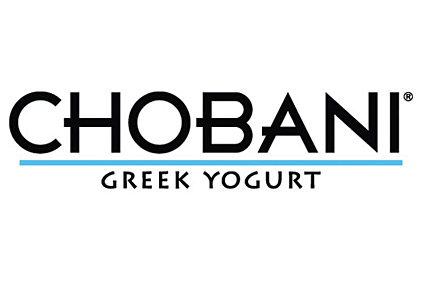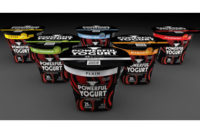The Washington, D.C.-based Consortium for Common Food Names (CCFN), is denouncing a court ruling in the United Kingdom that declared only yogurt made in Greece could be labeled as "Greek yogurt." The ruling was issued in response to a court case brought against Chobani, based in New York state.
The Associated Press reported that rival Fage (a Greek company with offices in the United States) brought the court case. AP noted that Fage is the dominant seller of Greek yogurt in Britain with its "Total" brand.
The European Union maintains a list of geographical indications, or GIs, for short. This list is intended to provide some level of clarity as to which regional terms are restricted for usage by only certain countries. However, "Greek Yogurt" does not appear on that list of GIs, nor is it currently even under consideration by the EU authorities for registration as a GI, the CCFN said.
“This ruling seeks to further broaden the already far-too-expansive scope of what European courts and officials are declaring to be off-limits for all but a select group of producers in one region of the world,” said CCFN Executive Director Jaime Castaneda. “This restriction, on a term that is not even a registered GI, indicates the continual creep of limitations on common food names and the upheaval this can cause in international trade.”
The consortium is focused on using common sense in the use of common food names.
Castaneda said, “Following the logic employed by this European court, CCFN wonders if the Europeans will next be crusading to limit the use of a host of other products that use a country’s name such as ‘French fries,’ ‘English breakfast tea,’ ‘Italian dressing,’ ‘Belgian waffles’ or ‘Danishes’ if the products are not produced in their name-sake countries.”
Last week, the European Commission allowed the advancement of a GI application that would grant to Denmark the exclusive use of “Havarti,” a cheese with an active international product standard and global production. The impact of that application would similarly restrict the use of a common name used by multiple countries to describe a type of product and award it solely to producers in just one nation.
EU trade agreements with individual countries bind those countries to GI rulings. The U.S. dairy industry, and some other nations outside of the EU, opposes many GI names.


